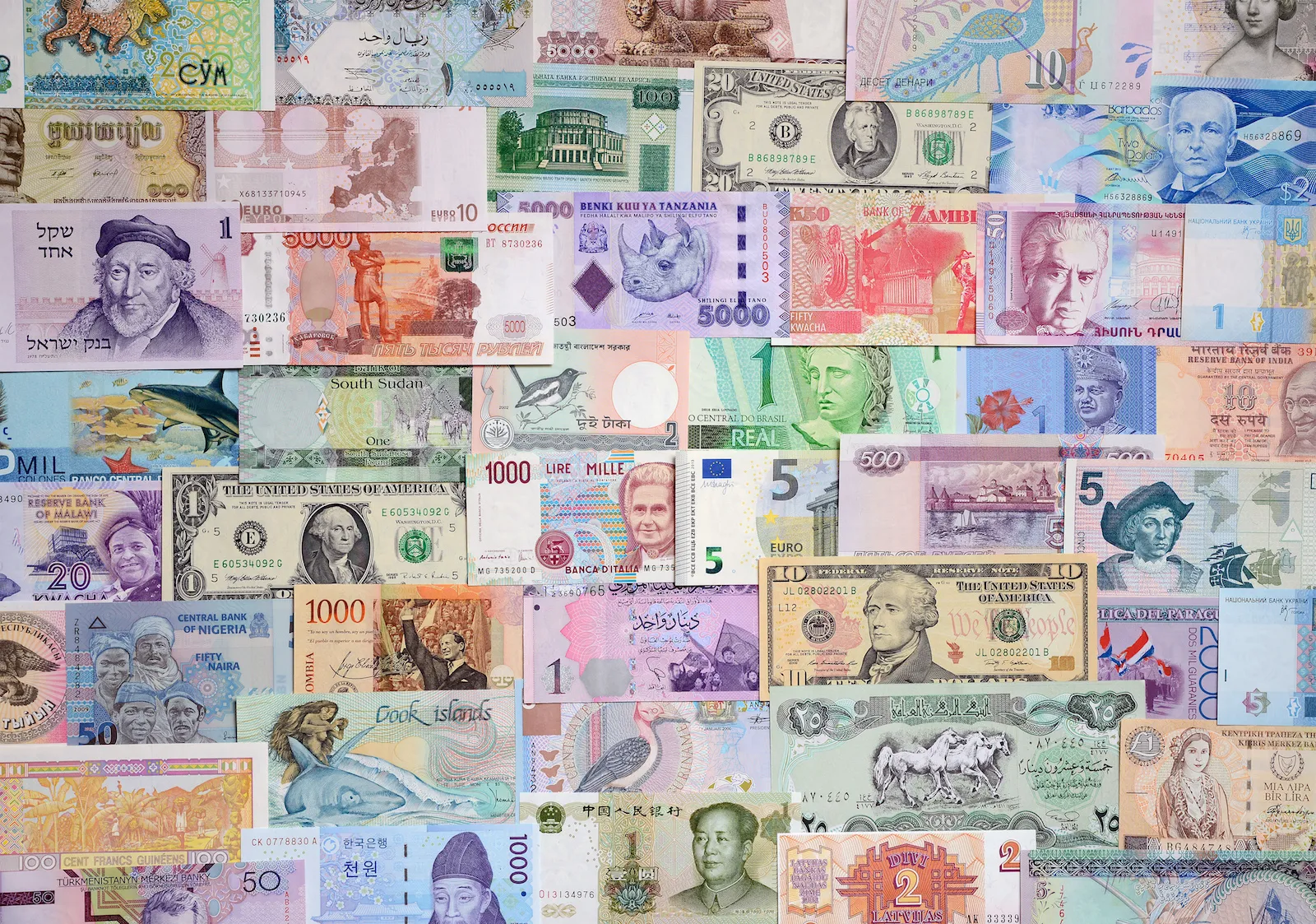Uncertainty weighs on leveraged finance: Fitch
Market optimism has waned in the face of tariffs, policy volatility.
North American leveraged finance markets started the year hoping for stronger merger and acquisition activity but have since weakened due to tariff-related uncertainty, Fitch Ratings says.
In a new report, the rating agency said that there was robust activity in leveraged loan markets to start the year, amid expectations of a resurgence in M&A overall and leveraged buyouts specifically, under the incoming U.S. administration.
“However, optimism waned after several U.S. tariff announcements during the quarter, which lowered expectations for U.S. GDP growth and Fed rate cuts while increasing inflation expectations,” Fitch said.
Against this backdrop of increased uncertainty, spreads widened and the volume of new issue activity declined too, it noted.
Similarly, activity in the high yield bond market slowed in the first quarter too, “due to tariff-related volatility,” it said.
In the collateralized loan obligation (CLO) segment, “activity remained steady into the first quarter until volatility emerged in mid-March,” Fitch noted.
Again, spreads widened in this market segment “in line with broader credit market adjustments due to tariff uncertainty,” the report said. And, it noted that issuance “will face challenges from ongoing uncertainty and a significant pullback in leveraged loan activity.”
In a separate report, Fitch said that seven U.S. issuers defaulted on their loan debt in March and two defaulted on their high-yield debt.
“Macro pressures from higher-for-longer interest rates, combined with various factors such as weakening demand for consumer discretionary products or services contributed to the March issuer defaults. Supply chain disruptions affecting production and labor shortages that resulted in wage increases and operational inefficiencies also played a role,” it said.
Fitch recently raised its default forecasts for leveraged loans and high yield debt in the year ahead, amid expectations for weaker economic growth and continued inflation, which will prevent the U.S. Federal Reserve Board from cutting interest rates.
“We anticipate increased default activity in 2025 from sectors most vulnerable to tariffs, including automotive and retail, particularly those with international supply chain exposure. The broader uncertainty, lower growth, and rising inflation will also affect industries not directly affected by the tariffs due to declining corporate and consumer confidence,” it said.





